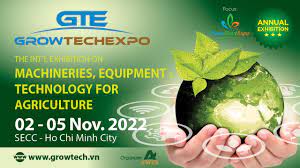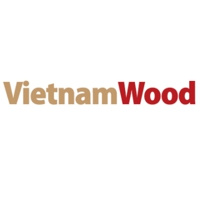Many countries opposed to India used the rice subsidy policy beyond the 10% limit for price support regulation. Photo: Adobe Stock
Accordingly, the Indian government's move to subsidize domestic rice products has caused the US and many member countries of the World Trade Organization (WTO) to react strongly and announce that there will be consultations with New Zealand. Delhi on this matter.
“India accounts for nearly half of the global rice trade and most of its rice exports enjoys,” said Bobby Hanks, president of the rice industry, USA Rice. benefit from the government-set price floor policy, and then export at low prices, distorting the market as well as the trade industry.”
Mr. Bobby Hanks also applauded the Office of the United States Trade Representative (USTR) and his colleagues at the US Department of Agriculture (USDA) for taking action and soon embarking on the technical consultation process with the Indian side. Relevance to the country's rice subsidies. This is a serious violation of WTO rules.
According to USA Rice, in March 2020, India reported to the WTO about subsidizing rice for 2019, and then in March 2021 continued to do the same for 2020 and most recently in March 2022 for 2021.
The three-fold respective subsidy levels reported were ($5 billion) 11.46%, ($6.32 billion) 13.71% and ($6.9 billion) 15.14%, respectively. These are all subsidies that exceed the 10% limit for price support regulation.
The Indian government then unilaterally declared “avoidance of a WTO dispute settlement challenge” over these subsidies under the Bali Peace Clause. This provision is meant to allow India to build up government food stocks but also stipulates that WTO members cannot export the same subsidized goods, to the point of distortion. , and perturbation of the global trading system.
It is expected that the US, Australia, Canada, Japan, Paraguay, Thailand and Uruguay will soon take action, focusing on India's invocation of the peace clause and not the beginning of formal consultations for the country. a WTO dispute settlement case related to subsidies.
USA Rice said it continues to lobby the US government to address India's violations of domestic support and refer it to the WTO through a dispute settlement dossier to push India to restrict rice subsidies. , preventing consolidation between world rice production and increasing prices received by farmers.
“This announcement is just one of many actions the US government can take to engage with India at the WTO regarding its rice subsidy action, and we hope to continue to take more action.” protest in this direction,” said Bobby Hanks.
“Bali Peace Clause” (updated to 27/11/2014) on food stockpiling to ensure food security in developing countries, so that these programs are not legally challenged even if a country's agreed limits on trade-distorting domestic support are breached.
At the 2013 Bali Ministerial Conference, ministers agreed that their solution would be temporary, until a permanent solution was found. But by the end of July 2014, the members were deadlocked again, until a breakthrough was reached in November.
Food hoarding and subsidy programs are considered trade-distorting because they involve purchasing from farmers at prices set by the government, known as "support" or "subsidy" prices. Usually the level of support is within the agreed limits, but some countries fear this is not always the case.







.png)